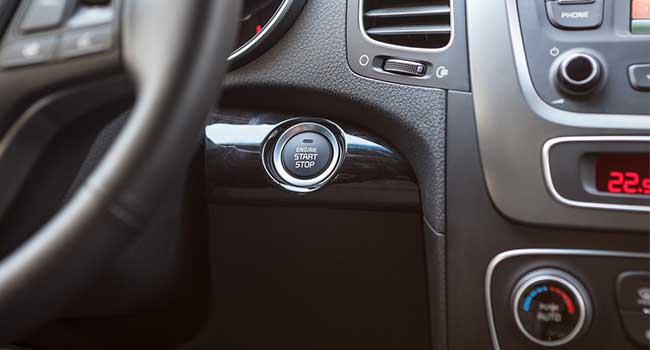
Tests Uncover Major Security Risk to Keyless Cars
- By Sydny Shepard
- Mar 18, 2016
Owners of cars with keyless technology are being warned to stay more vigilant after German vehicle experts showed thieves could bypass the central locking and start the engine of 24 different cars with an “easily built” electronic device.
The German automatic organization, ADAC, tested 24 different cars with keyless technology from 19 different manufacturers and found every single car could be broken into using a simple homemade device that allows a pair of thieves to work together to break to a car. One thief would follow the owner of the car and use an electronic device to extend the range of the owner’s key, the second thief would then stay by the car and uses the signal to access the vehicle and start it.
There have already been reports of criminals taking advantage of this system in London, in 2014, they managed to steal up to 17 cars a day, netting over 6,000 cars over the course of the year. Another study also found that electronic immobilizers used by 26 manufacturers are vulnerable to hacking, putting over 100 models at risk.
Although carmakers are coming up with new countermeasures to tackle thieves, ADAC says that owners with cars implementing keyless locking systems should exercise increased awareness in the storage of their key, but they also added that it is the duty of all car manufactures to get rid of the problem.
“It makes no sense that the more expensive locking system is easier to break into than the normal one.” ADAC said in a statement.
About the Author
Sydny Shepard is the Executive Editor of Campus Security & Life Safety.